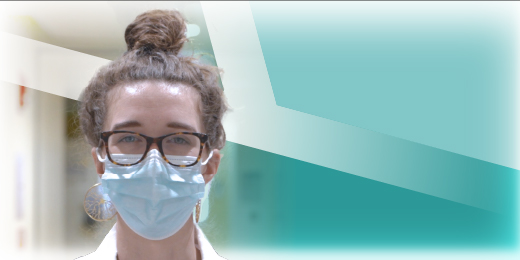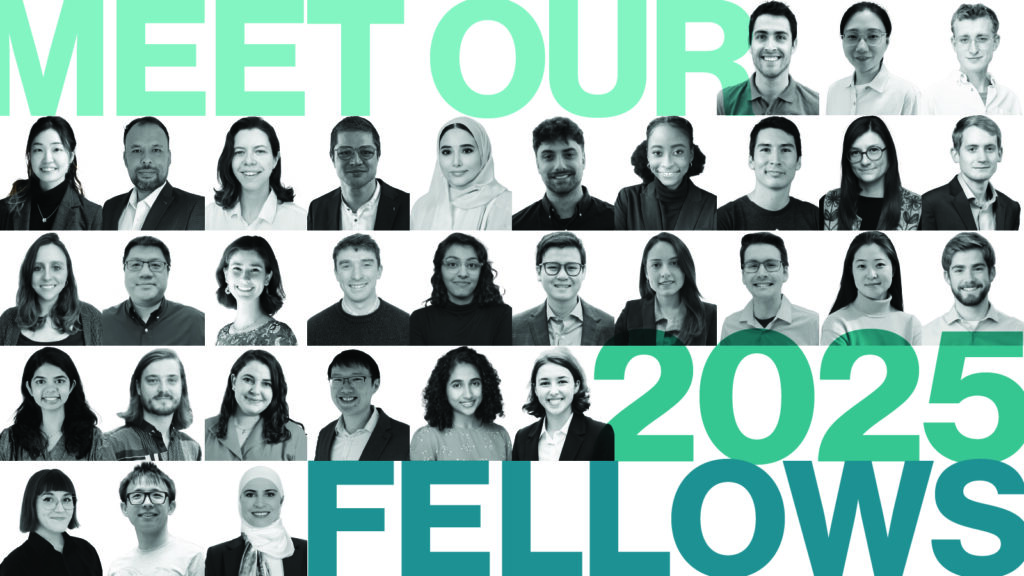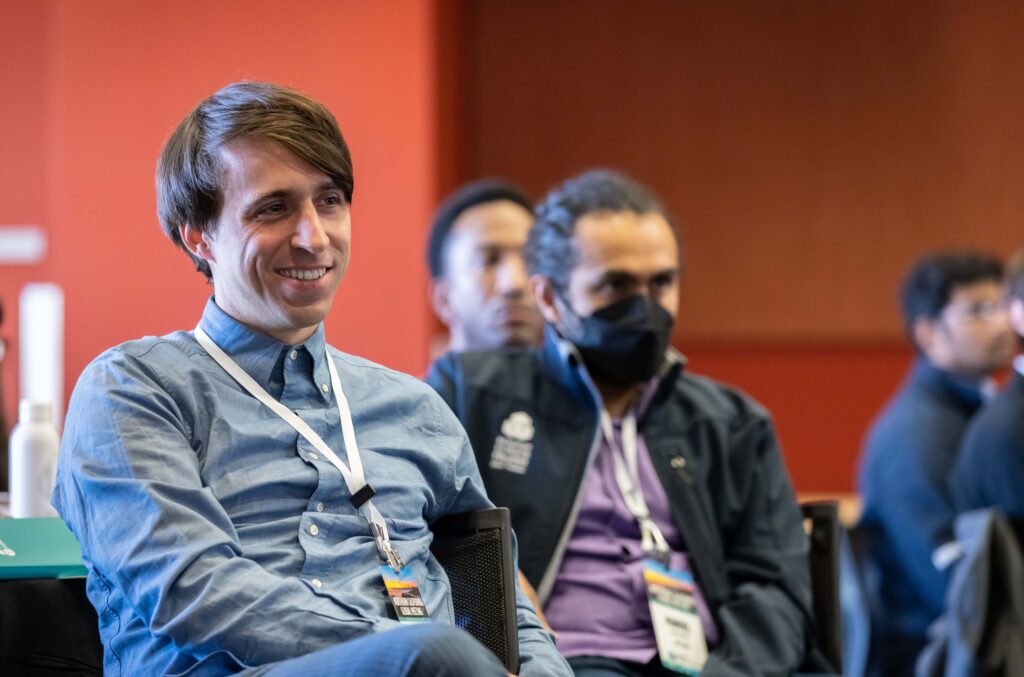This case study features in the Schmidt Science Fellows Annual Report 2020-2021.

Dr. Amy Shepherd is a 2020 Schmidt Science Fellow trying to understand the role of the millions of neurons that exist in the gut and what the link is between gastrointestinal symptoms and neurological disease. She is working at Boston Children’s Hospital in Harvard Medical School. Amy describes her scientific journey thus far that has taken her from New Zealand to Australia, to America, and her plans for the future.
Tell us about your academic journey in New Zealand and Australia before becoming a Schmidt Science Fellow.
I have always been interested in the brain. I went to my local university in the town where I grew up in Wellington, New Zealand. I did one year of graduate research on potential anti-addictive therapies, then worked for two years as a research assistant at the Malaghan Institute of Medical Research, focusing on immune responses in cancer, parasitic infections, and allergies.
I moved to Australia to complete my PhD in behavioral neuroscience at the Florey Institute of Neuroscience and Mental Health at the University of Melbourne. I worked with mouse touchscreens taking similar tasks that a human would carry out and giving them almost directly to the mouse. I used the findings to assess how well the mouse models of Alzheimer’s recapitulated the human syndrome.
As a Schmidt Science Fellow, I decided I wanted to combine these two disparate fields in neuroscience and immunology. To do this, I wanted to move to study the gastrointestinal tract and how the local brain cells there can alter function in both normal and inflammatory settings. The gut is so fascinating to me because it is constantly figuring out what is good, such as nutrients and normal microbiota, and what is a potential threat, for example, pathogens like Salmonella. This required moving into a new field and learning about the gut. When you want to make a change like that, it is difficult to get funded as you don’t have experience in the new field. Schmidt Science Fellows is unique because it gives you the freedom to pursue pivots in your science at any lab in the world.
Schmidt Science Fellows is unique because it gives you the freedom to pursue pivots in your science at any lab in the world.
How do you feel your early scientific experiences have shaped you?
The research culture in New Zealand and Australia is tight-knit and supportive. The support I received during my undergraduate and PhD studies made it possible to believe an interdisciplinary approach to my work is doable. There are inherent advantages and disadvantages to a small community – and one of the biggest benefits is that there is automatically more interdisciplinarity. We communicate our science, our challenges, and our new ideas regardless of strict disciplinary definitions. I benefited significantly from this, and I now try to continue this principle of being open to communication and collaboration as I move into larger scientific communities – such as life in the Boston ecosystem.
How has the Fellowship impacted your thinking?
I have gained a whole new perspective on science from the Fellowship based on the different scientific research ongoing throughout my cohort and how the people around me are thinking about approaching problems. In Boston particularly there is a mini-hub of Fellows, and being able to meet casually has been particularly critical during COVID. I also know my Fellowship community and Mentors are only one video call away. The community is very open and willing to help, not only with research questions but also with what grants to apply for and managing interpersonal relationships with lab members. Even though these are all critical skills in science, they are very rarely taught. Schmidt Science Fellows not only teaches these skills but also provides support and advice in the complex and unique situations you may find yourself in.
What are your future plans and aspirations for your science?
I’m in two divisions – the gastroenterology division and a neuroscience division – and I am actively building those networks. There is so much we do not know about the nervous system in the gut and how it interacts with the immune system there. I want to build up fundamental knowledge in this new and exciting field, taking gastrointestinal and classic neuroscience research to build tools to understand better how the body works.



